Choisissez la langue de votre document :
- bg - български
- es - español
- cs - čeština
- da - dansk
- de - Deutsch
- et - eesti keel
- el - ελληνικά
- en - English
- fr - français
- ga - Gaeilge
- hr - hrvatski
- it - italiano
- lv - latviešu valoda
- lt - lietuvių kalba
- hu - magyar
- mt - Malti
- nl - Nederlands
- pl - polski
- pt - português
- ro - română
- sk - slovenčina
- sl - slovenščina
- fi - suomi
- sv - svenska
|
| Proċedura : 2019/0900(APP) |
| Ċiklu relatat mad-dokument : A9-0174/2021 | ||||||
Testi mressqa : A9-0174/2021 | Dibattiti : PV 09/06/2021 - 15CRE 09/06/2021 - 15 | Votazzjonijiet : PV 10/06/2021 - 2 | Testi adottati : P9_TA(2021)0280P9_TA(2021)0303 | |||
| Rapporti verbatim tad-dibattiti |
|
|
| L-Erbgħa, 9 ta' Ġunju 2021 - Strasburgu |
|
| Aġġornata l-aħħar: 20 ta' Settembru 2021 | Avviż legali - Politika tal-privatezza |
















